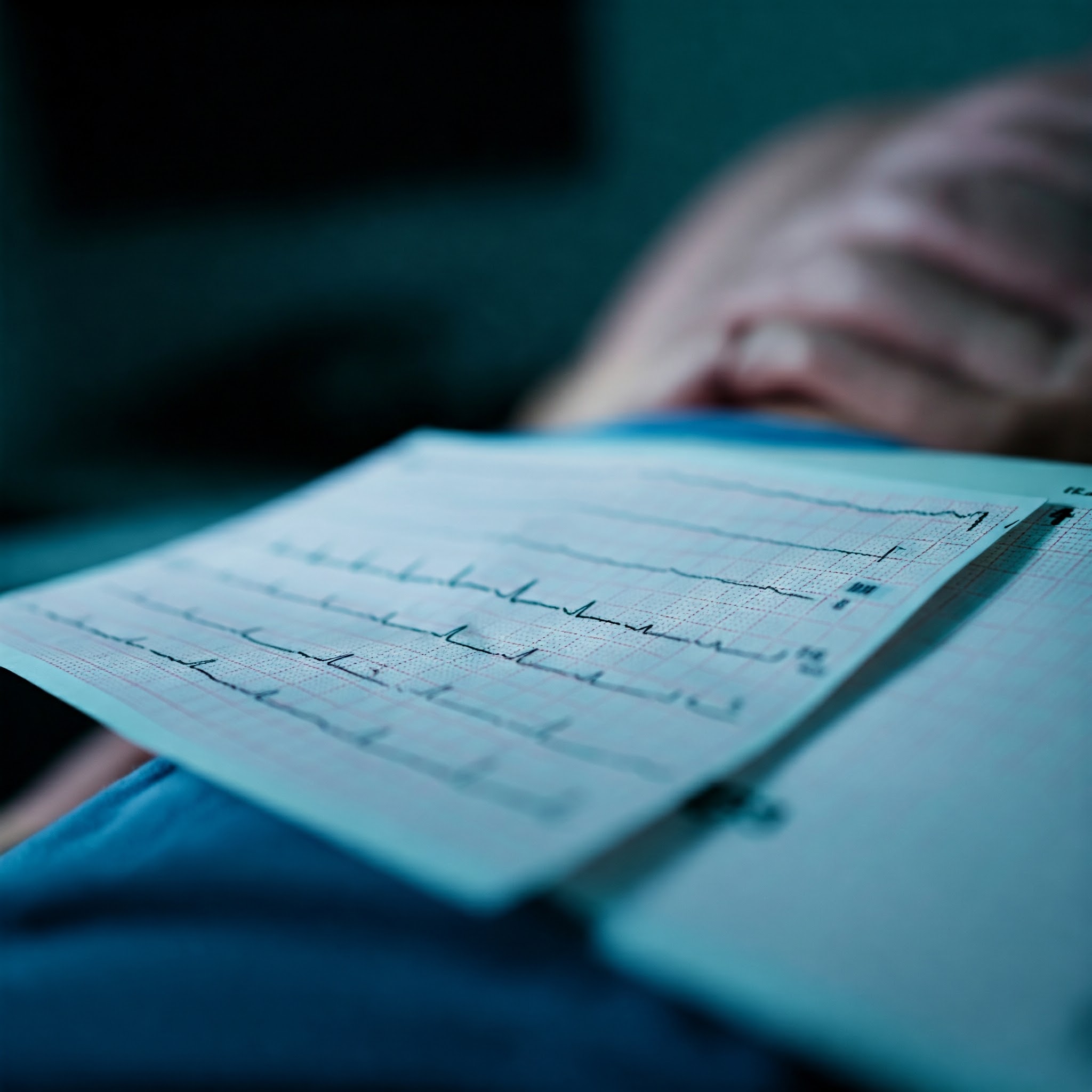|
|||||||||

Tham khảo(Trở về mục nội dung gốc: ) |
|
1. Diagnosis of polyuria and diabetes insipidus. Uptodate, 2015. 2015, |

Trở về mục nội dung cha
Nội dung anh em:
- Tình huống lâm sàng
- Định nghĩa
- Nguyên nhân
- Đặc điểm bệnh sử và chẩn đoán
- Bệnh sử gia đình và chẩn đoán
- Đánh giá nồng độ thẩm thấu máu và nước tiểu
- Đo lượng nước tiểu và chẩn đoán
- Nghiệm pháp kiêng nước
- Đa niệu thẩm thấu
- Cách lấy bệnh phẩm để đo nồng độ thẩm thấu nước tiểu
- Xét nghiệm đo nồng độ ADH máu
- Kết luận
- Tham khảo
|
|
|
|
|

khai giảng ngày 14/12/2025
Phát triển kỹ năng điện tâm đồ - 3 tháng trực tuyến - thông tin chi tiết : đường dẫn
|


